Every parent or carer wants their child to grow up feeling safe and secure and confident about how they look and feel. Building self-esteem isn’t something that happens overnight – you’re helping your child become more confident all the time, in the everyday interactions you have with them. Every time you praise them or show you trust them, you’re helping them feel valued and worthy of respect.
Tips to help your child build confidence
Tip #1: Help them to become more resilient
If someone is resilient, it means they’re more able to cope with setbacks, to pick themselves up if they fail, to persevere and stay positive. The more resilient we can be when we’re younger, the easier we’ll cope with problems in adult life.
One thing that can help children to become more resilient is to show them that hard work is more important than being ‘naturally’ good at things. For example, if they do well at something, like acing a spelling test or winning a football match, try praising them for putting in the hard work, not for being ‘clever’ or ‘sporty’.
Another way is to help them learn from their mistakes, rather than getting upset. If they feel they’ve done something wrong, being cross or judgmental won’t help – try to pull something positive from the experience instead. What have they learned? What can they do next time?
You can teach them by example as well, so if you fail at something, accept this as cheerfully as you can and tell them what you’ve learned – even little things like a cake that doesn’t rise or a missed bus can be good examples.
You can find out more about raising a resilient child on the Parenting Smart website.
Tip #2: Try not to compare them to other children
Comparing themselves to their friends can be demoralising for children, so try not to do this too. For example, if they get 9 out of 10 in a test, don’t ask ‘Did anyone get 10’?
Tip #3: Model a positive attitude yourself
Try to be optimistic when you’re talking to your child and not let things get to you – not always easy we know! If you’re feeling anxious or low, remember there are always people you can talk to who can help.
Tip #4: Help them problem solve
Helping your kids to solve problems themselves rather than sorting things for them will also help them become more confident – even if this takes longer! This applies to wee ones working out how to dress themselves to children stuck on their homework or having problems with their friends.
Tip #5: Help them prepare for challenges
Scary things like starting nursery the first day at school or going to a hospital appointment are always made less scary if we know what to expect. So if your child is worried about something they need to do, it can really help to talk them through it, so they know more about what will happen and can be prepared for it.
Tip #6: Show you trust them
Showing you trust them to do things themselves, like chores, homework or getting ready for bed, will help build their confidence. Our page on helping your child feel confident and secure has more trust-building tips for children of all ages.
Tip #7: Set small goals for them
When they achieve a goal, even a simple one like remembering to brush their teeth every day without being asked, they’ll feel better about themselves. There doesn’t need to be a prize (unless you want to give them something small like a sticker on a chart) – it’s about feeling they’ve accomplished something.
Tip #8: Silence the critical voice
We all have a critical voice in our head that tells us we’re not good enough. If your child gets upset easily and is hard on themselves, try talking to them about this inner voice. Ask them if they’d talk to their friends the way this voice talks? You could even give the voice a name and tell it off for being rude!
Tip #9: Make a self-esteem shield together
This is simple, fun activity you can do with your child to help them think about all the good things about them. Draw a shield shape on a piece of paper and divide it into four. Then get your child to fill in the four quarters by finishing the following sentences:
- My name is…
- I am good at…
- Things I like about myself are…
- My dreams are…
If you download Children’s Health Scotland’s activity book you’ll find a shield template on page 11.
Tip #10: Make a box of awesomeness
Encourage them to keep things that make them feel good about themselves in a box, like a nice card from a friend, a positive comment from a teacher, or an award they’ve won. If they feel a bit down they can get out their box and look at the things.
Tip #11: Talk to them about self-confidence
You might want to have a look at this article on the Childline website together.
Tip #12: Help them develop a 'growth mindset'
Your mindset is a set of beliefs that influence how you make sense of the world and yourself. It impacts how you think, feel, and behave in different situations. Having a 'growth mindset' means believing that we can all get better at the things we do through effective effort, learning from our mistakes and getting support from other people. Lots of the tips above will help your teen/child develop a growth mindset, and if you want to know more you can check out this resource from Winning Scotland, which provides information and ideas on how to support your child’s learning and development.
How can I help my child feel confident about how they look?
From an early age, children are bombarded with images of ‘perfection’ on social media and in music, TV, film, advertising. But while you can’t really stop them seeing images of ‘perfect’ bodies in the media, there are simple things you can try to help them be more confident about the way they look – take a look at our tips here.
Why is building confidence and a good self-image important?
If your child feels confident about who they are and how they look, this will help them stand up to peer pressure and help prevent future problems such as eating disorders, self-harm, alcohol and drug abuse, and harmful sexual behaviours.
What can I do if my child seems to have lost their confidence?
Children often lose confidence when they reach puberty and their bodies start to change. Just being there for them at this time, to talk to them and support them, can really help. Our pages on forming a good relationship and encouraging your child to confide in you have lots of tips for talking to your child and encouraging them to open up to you.
If you think their loss of confidence may be linked to something that’s happening in school (for example, if they suddenly stop talking about school or try to avoid going in) you could try talking to their teacher about it, although make sure they don’t think you’re going behind their back. Our page on school avoidance has more advice on what to do if your child refuses to go to school.
If you’re worried your child’s lack of confidence is linked to an eating disorder, this page has more advice. The YoungMinds and Beat websites also have lots of information to help.
 Activities & Play
Activities & Play Behaviour
Behaviour Childcare
Childcare Development & Growing Up
Development & Growing Up Family, Friends & Relationships
Family, Friends & Relationships Feeding Your Baby
Feeding Your Baby Food & Eating
Food & Eating Health & Safety
Health & Safety Mental Health & Wellbeing
Mental Health & Wellbeing Money & Work
Money & Work Online Behaviour & Safety
Online Behaviour & Safety Pregnancy & First Days
Pregnancy & First Days School & Education
School & Education Sleep
Sleep

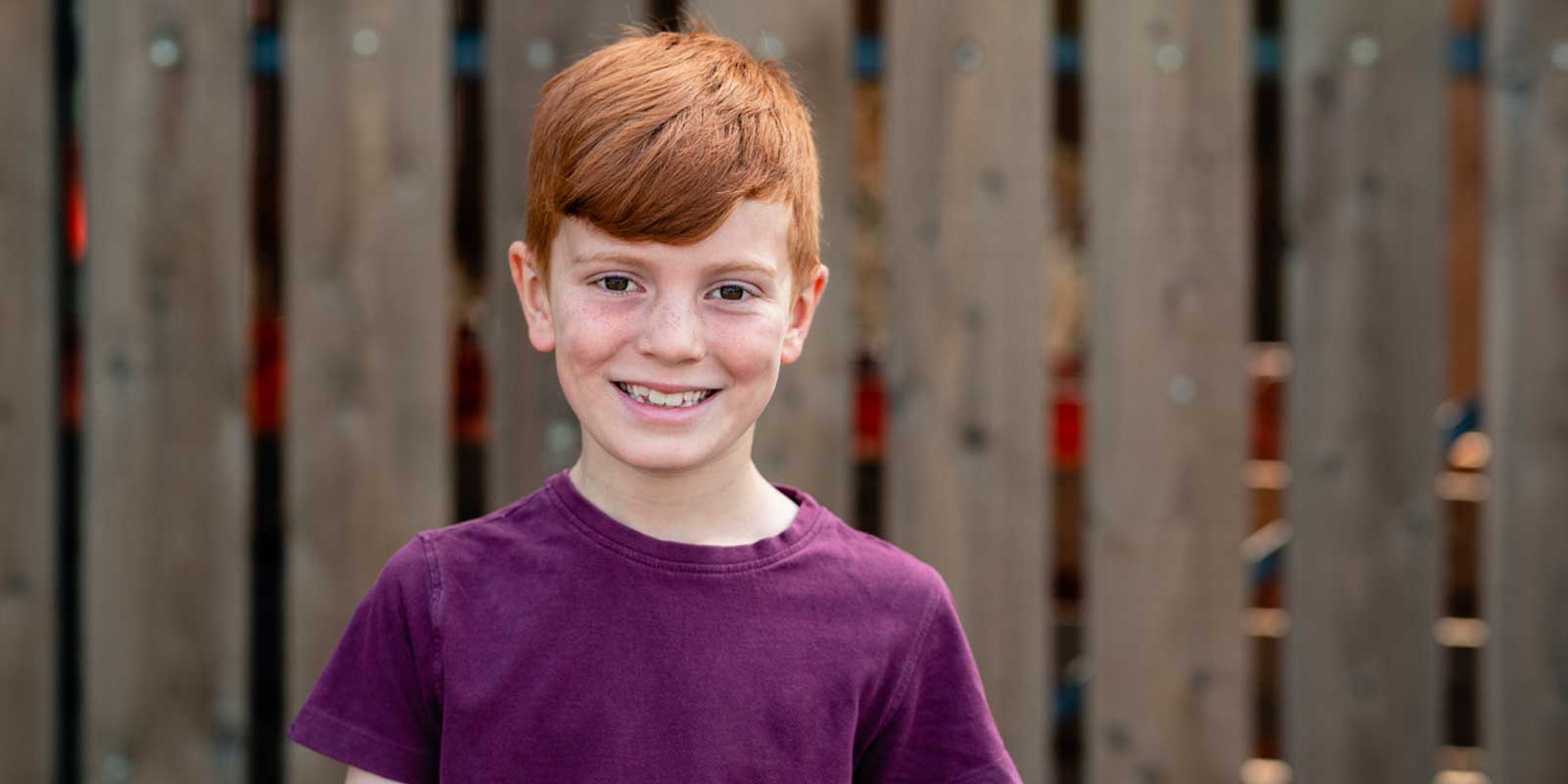
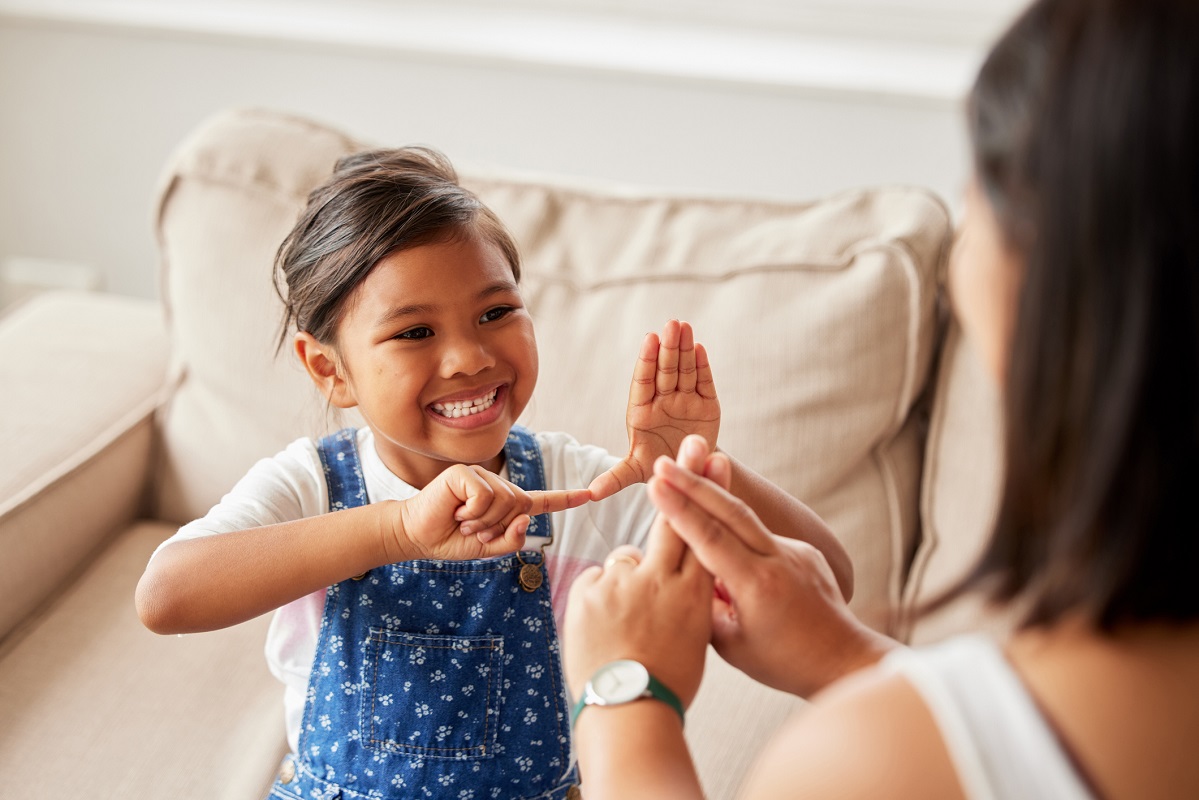
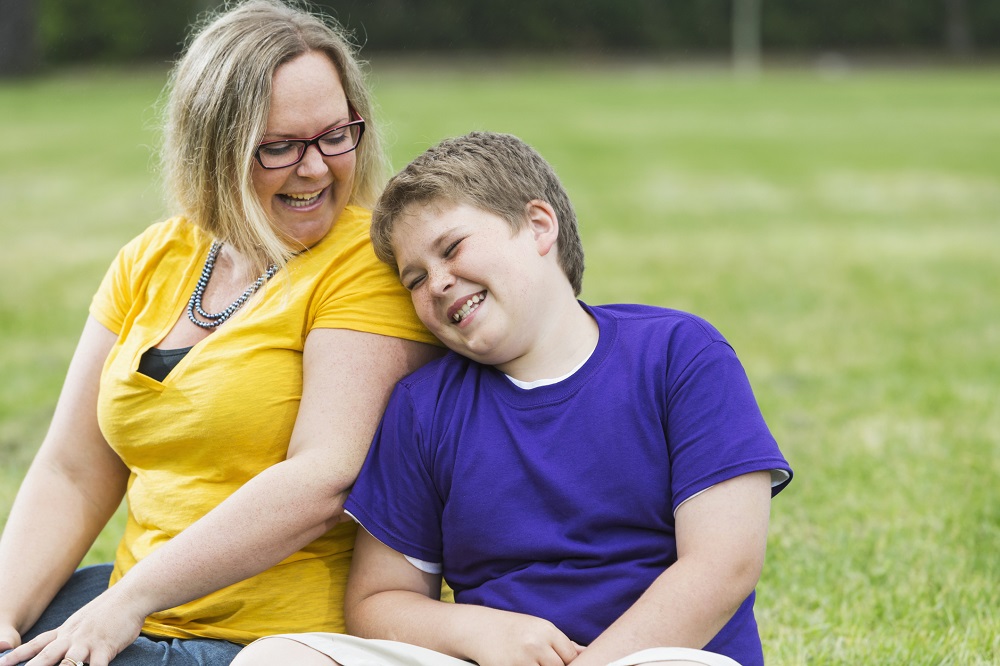





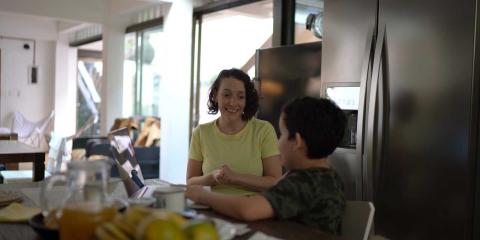


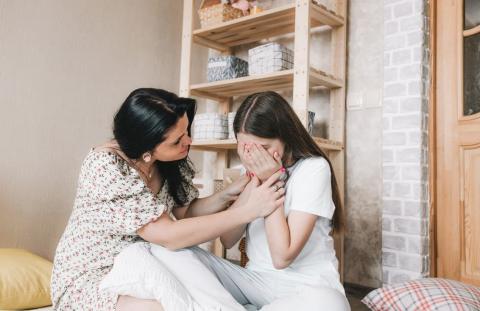

 Mental Health & Wellbeing
Mental Health & Wellbeing
 School & Education
School & Education